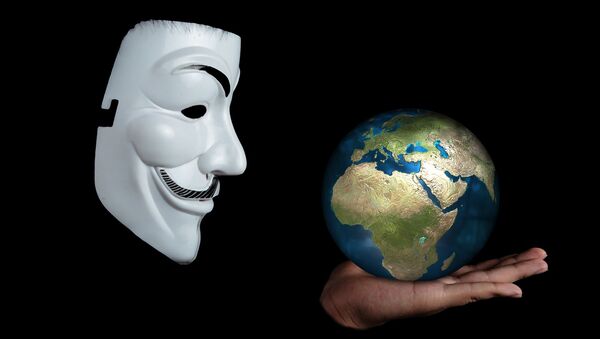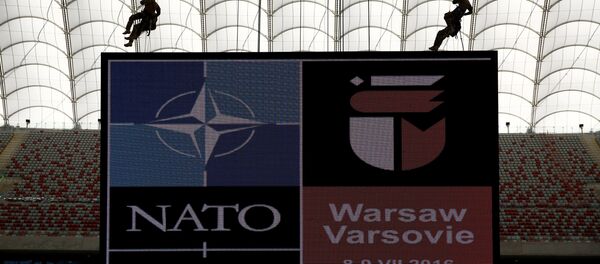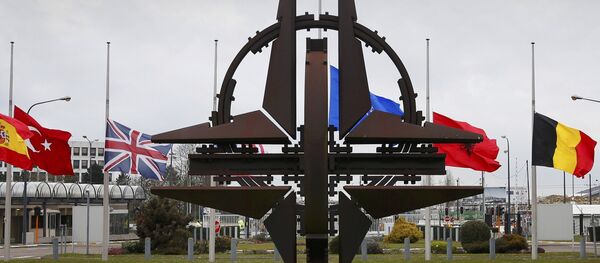Europe, beleaguered by a current wide-ranging refugee crisis, defecting allies, internal political conflict, and a series of terrorist attacks, nonetheless identifies the enlightened self-interest of Russia to be the most significant threat to its continental identity, as suggested by the authors.
According to the "The Bear in Sheep's Clothing" study, there is a broad network of government-organized "nongovernmental" organizations (GONGOs), crypto-nongovernmental organizations (NGOs), and think tanks aimed at shifting European public opinion toward a positive view of the Russian Federation and its policies.
"NGOs and think tanks based outside Russia play a special role in the country's foreign policy," the report reads, adding that "They are used as tools to legitimize policies and manipulate public opinion abroad."
In its research, the Brussels-based think tank called on the EU to investigate the activities of these organizations, and to urgently take action against what it considers to be Russia's definition of "soft power." This definition, the authors imply, relies on coercion, opposes democracy and human rights, offers "traditional values" and "a strong leader," in contrast to what the Kremlin considers weak Western politicians, and, of course, promotes the narrative that the US is a common enemy to Russia and Europe.
Baltic countries are more vulnerable to Russian propaganda than other parts of the EU, the paper insists.
Sputnik News Agency was mentioned in the report, as one of the Russia-based media outlets reporting the activities of the institutions in question. Among other things, Sputnik was accused of "spreading hatred against refugees from Syria."
The European People's Party think tank paper calls on Brussels to aggressively promote its own narrative within the 29-member bloc, to resist Russian influence, and to ensure that EU-based police and intelligence agencies focus on "underhand[ed] Russian activities."




